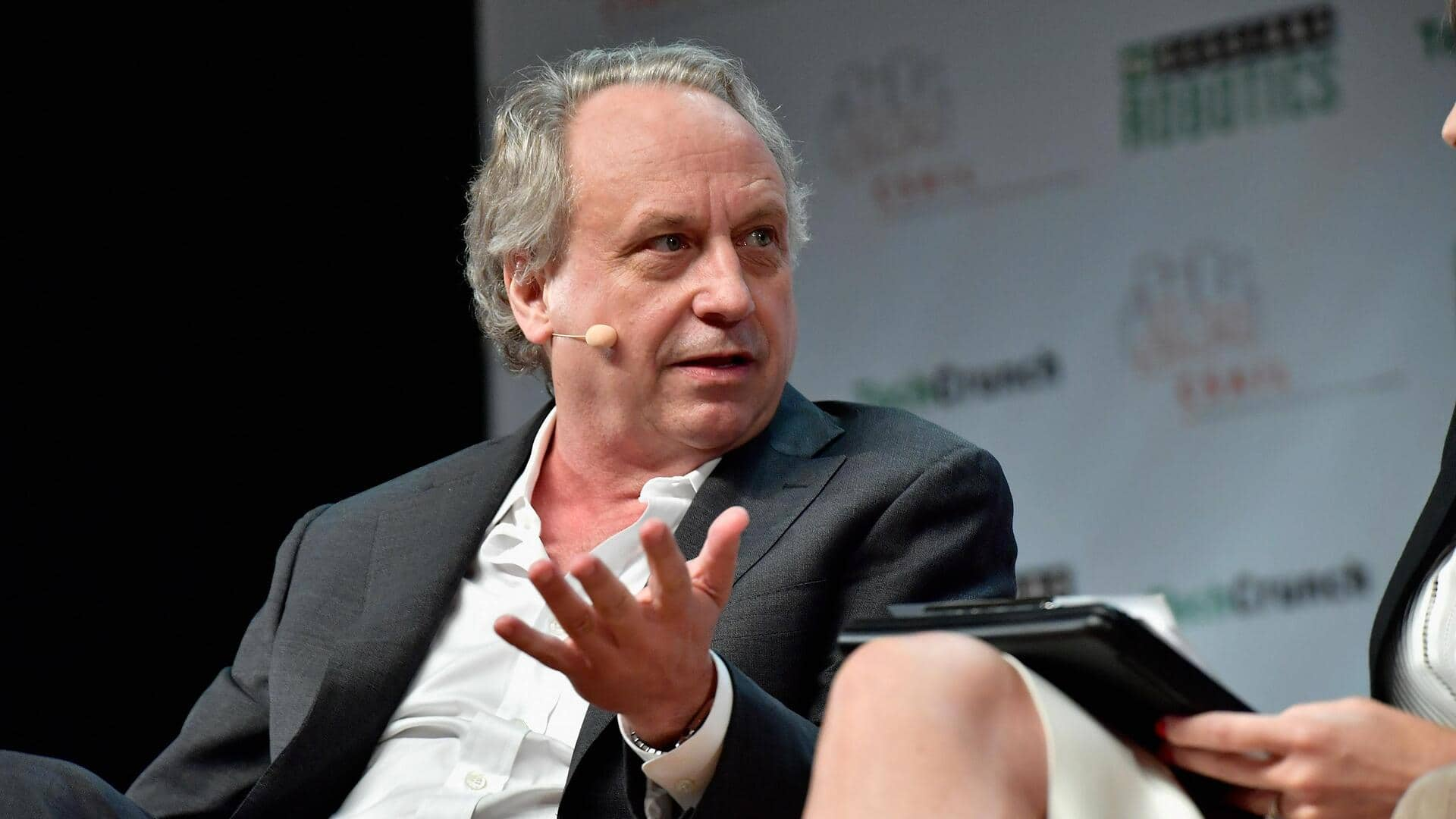
MIT robotics expert cautions against overhyping generative AI usage
What's the story
Rodney Brooks, a renowned robotics and artificial intelligence (AI) expert at the Massachusetts Institute of Technology (MIT), has expressed concerns about the overestimation of generative AI's capabilities.
Despite its proficiency in specific tasks, Brooks warns that generative AI cannot replicate all human abilities.
In a conversation with TechCrunch, he emphasized the danger of assigning human-like capabilities to these systems based on their performance in certain tasks.
Practical use
Brooks advocates for practical application of AI in robotics
Brooks cautioned against using generative AI for unsuitable applications, citing a recent proposal to use it to direct warehouse robots at his company, Robust.ai.
He believed this would hinder operations and instead suggested linking robots to data streams from warehouse management software.
His company's robots are designed for practical purposes, resembling shopping carts rather than humanoids.
AI prospects
Potential benefits and challenges of generative AI
While Brooks maintained a cautious stance on generative AI, he acknowledged its potential benefits in certain situations, such as aiding with domestic tasks for the elderly.
However, he also pointed out potential challenges, stating that control theory and hardcore math optimization are the real issues in enabling robots to perform new tasks, not large language models.
Tech growth
Debunking myth of constant exponential tech growth
Brooks challenged the belief in constant exponential growth in technology due to Moore's law.
He used the iPod as an example, noting that while its storage size doubled for a few iterations, it did not continue on that trajectory indefinitely because there was no need for such large storage capacities.
This illustrates his point about understanding and acknowledging the limitations of technological advancements.
AI deployment
Brooks stresses importance of understanding AI limitations
In his concluding remarks, Brooks emphasized the need to understand the limitations of AI and use it appropriately.
He warns that without a careful definition of how an AI system is deployed, there could always be hard-to-solve outlier cases.
These cases could take decades to discover and fix, highlighting the importance of a thoughtful approach to AI implementation.